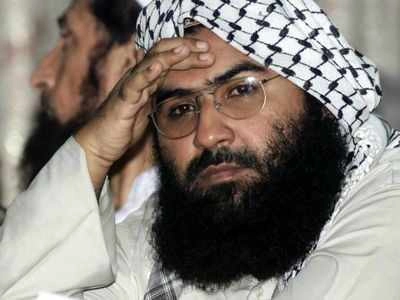In a significant development regarding the 2020 Delhi riots, a court has issued a stay on an order that mandated further investigation against Kapil Mishra, a prominent political figure and former BJP leader. The riots, which erupted in February 2020, were marked by widespread violence and communal tensions, resulting in numerous casualties and extensive property damage. Mishra, who was accused of making provocative speeches that allegedly incited the violence, has been a central figure in the controversies surrounding the events of that fateful month. The court’s decision to stay the further probe signals a critical moment in the ongoing judicial proceedings related to the riots.
The stay order highlights the complexities of the legal battle and the varying perspectives surrounding the events leading to the riots. Supporters of Mishra argue that he has been unfairly targeted for his political beliefs and that the allegations against him are politically motivated. Conversely, critics maintain that his speeches played a pivotal role in escalating tensions and that accountability is essential for restoring public trust in the justice system. The court’s ruling thus raises important questions about the intersection of politics and law, particularly in a context where communal tensions remain palpable.
As the legal proceedings unfold, the implications of this stay order extend beyond the immediate parties involved. It underscores the ongoing struggle for justice in the aftermath of the riots, a period that left deep scars on the community fabric of Delhi. The court’s decision may also influence public perception of the judiciary’s role in handling politically charged cases, especially those related to communal violence. The situation remains dynamic, with potential consequences for future political discourse and the broader quest for reconciliation in a society grappling with divisions. The attention surrounding this case serves as a reminder of the need for a balanced approach to justice that considers the complexities of communal relations in India.




